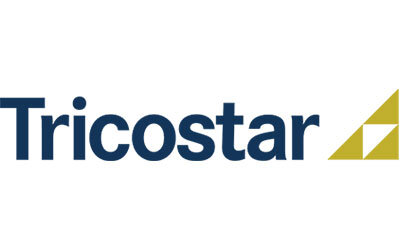Shifting From Paper To Digital: The Pros and Cons
Moving from keeping paper books to a modern digital system may be time consuming and can take some up front work, but once you make the switch you’ll be so glad you did. Digital systems are easier to maintain, more accurate, and can save you and your staff a lot of time in the long run.While switching to digital records is mostly a positive, we’ll look at some of the concerns you’ll need to deal with in this article too. Here are some useful tips if your office is switching from keeping paper books to a digital system.
Improve productivity
Creating a new system and adapting to new software will have an initial learning curve, but once your staff is familiar with the program, entering and checking data will go much faster than before. When you need to retrieve information, you’ll be able to access exactly what you need with a search field instead of flipping through pages looking for the correct entry.
Real time reporting
Reporting becomes a million times easier when your records are entered into a modern accounting system. Even inexpensive, simple to use software can offer standard reports at the touch of a button. And many programs offer custom reporting if you’re willing to invest a little time learning the software.Compiling a list of transactions that might have taken you hours or even days with the old paper system can now be practically instantaneous. These time savings add up and free up your staff’s time to tackle other projects.
Easier access
If you need to provide records to an outside CPA or audit firm, sharing information will be much easier once you’ve implemented a digital system. Instead of dealing with physical books which are in danger of being lost, stolen, or destroyed, you’ll have digital copies you can email to your team of experts.
Don’t forget security
Security issues are one area where paper may trump a digital system. For the most part, this ease of access is a plus, but it’s important to have good security for your financial data. One con to creating a digital system is that it’s easier for a criminal to hack into your server or online account than to find your business and physically break in to steal your data. Make sure the server you store information on has security protections such as encryption and a strong password in place to deter break-ins.At the same time, keeping backups becomes very important with a digital system. Digital files are vulnerable to damage from corruption or loss from hardware failure. Always keep three copies of your data, one on your server, one stored in the cloud in a secure location, and a third stored on a separate hard drive that you keep either in a fireproof safe or store off site.
Consider readability and authority
Some documents are easier to read in paper form. But that doesn’t preclude moving to a digital system. Just be prepared to print out copies of reports or legal documents when that makes more sense.Another case where you’ll probably want to keep a hard copy is for signed documents. There are systems in place to track digital signatures, and these will hold up in court, but when possible it is advisable to ask for printed, signed, notarised copies of important documents to keep on file.While today’s office is still not “paperless”, and may never be completely, there are many advantages to switching your office to a digital system. The ease of use, efficiency, and collaboration possibilities greatly outweigh the negative aspects of dealing with technology and security issues.Note: Read about Tricostar's document bundling softwareRelated articles:
